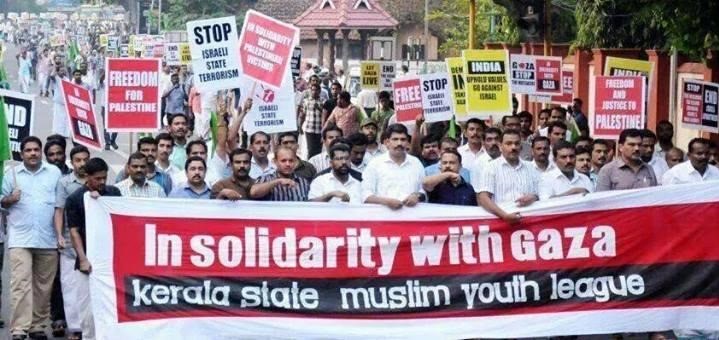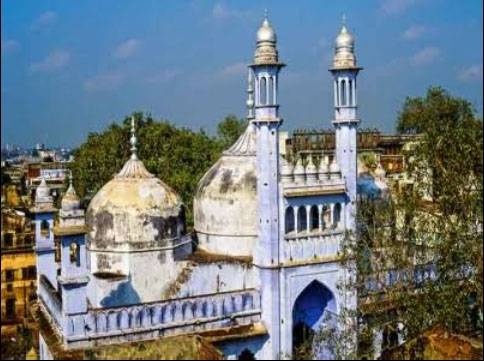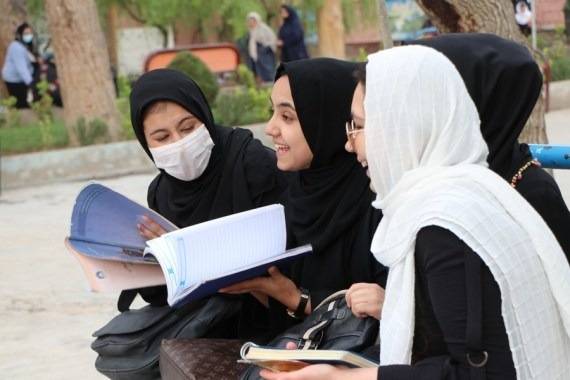In mosques across India, special prayers called Qunooth were offered in conjunction with the Friday prayer, beseeching for peace in Palestine, writes Ahmed Shareef
In a powerful display of solidarity, Indian Muslims across the country joined hands with the global community to protest against Israel’s siege on Gaza. These protests came in response to a call by the All India Muslim Personal Law Board, an apex body representing major Muslim organisations in India, to condemn the ongoing Israeli aggression.
In mosques across India, special prayers called Qunooth were offered in conjunction with the Friday prayer, beseeching for peace in Palestine. The major cities of India witnessed massive rallies organised by various political parties. In South India, cities like Bangalore, Chennai, and Cochin were not left behind, with several rallies organized in support of the Palestinian people.
Moulana Khalid Saifullah Rahmani, President of the All India Muslim Personal Law Board (AIMPLB), strongly criticised the stance of Prime Minister Narendra Modi, who is seen as supporting Israel. He emphasised that this shift in India’s traditional position on Palestine, which had been consistent since the time of the first Prime Minister, Jawahar Lal Nehru, and even under the leadership of the first BJP Prime Minister, Atal Bihari Vajpey, is a cause for concern.
Rahmani stated that Hamas’ reaction to the ongoing atrocities inflicted upon the Palestinian people by Israel is natural, given their 70-year history of suffering. He called for full support for the Palestinian people and an independent Palestinian state as a long-term solution to the conflict.
The recent escalation of violence is attributed to Israel’s actions against the people of Palestine, including the Al-Aqsa Mosque, during the Sukkot festivals of the Jewish community. Rahmani criticised the characterization of these reactions as terrorism, emphasizing that it obscures the true atrocities committed by Israel.
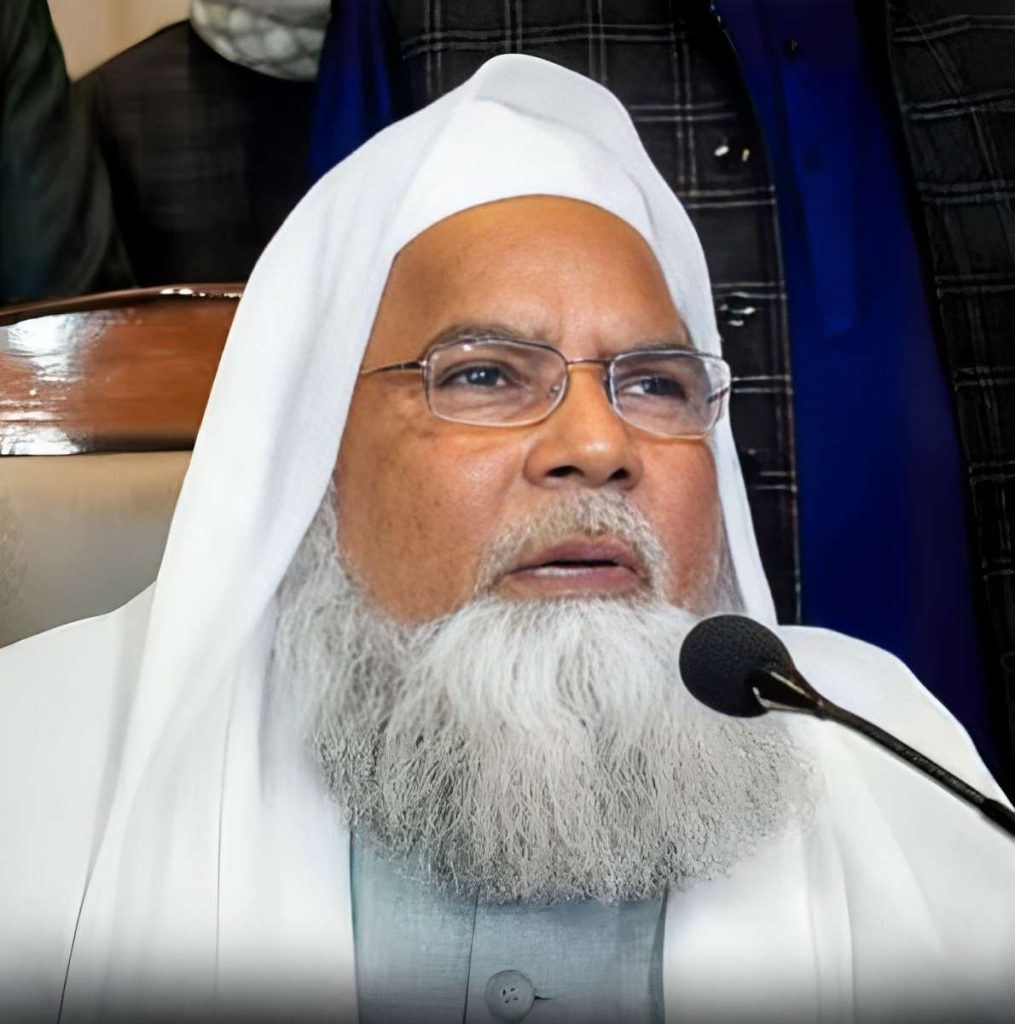
Jamaat-e-Islami, another prominent Indian Muslim organization, also condemned Israel’s actions and called for an amicable and lasting solution to the crisis. They urged people to participate in protest marches throughout India.
Indian Muslim outfit Jamaat-e-Islami also condemned Israel. They demanded an amicable and longterm solution to the issue and called for protest marches throughout India.
P Mujeeb Rahman, president of the Jamaat-e-Islami, Kerala. asked all like-minded people to join the protest rallies.
Various Muslim Orthodox bodies, such as the All India Jameyyathul Ulama and its President Grand Mufti Kantapuram A.P. Abubacker Musliar, called for immediate international intervention from organisations like the UN in the Middle East. They expressed concern over Western and European countries’ failure to intervene during the Israeli attacks on Palestine and their subsequent support of efforts to suppress Hamas.
The South Kerala Jameyyathul Ulama offered full support to the Palestinian people and Hamas, emphasizing their disapproval of the Indian government’s stance on the Palestinian struggle. President Mr. Kadakal Abdul Azeez Moulavy said the organisation will organise protest rallies to unite the people against the atrocities going on in the Gaza strip and protest against Inda’s stance on Israel.
Solidarity, the political wing of Jamat Islami, organised protest marches in various towns, including Calicut. Muslim Youth League organised one of the largest protest in support of Free Palestine in Kozhikode. Mr. PK Kunchalikuty, General Secretary of the Indian Union Muslim League, demanded immediate peace in the Middle East and called for UN peacekeeping forces to be sent to Palestine.
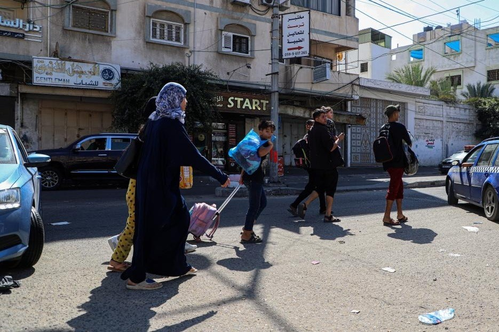
In response to the controversy surrounding Modi’s stance on the Palestine issue, Mr. Sadiq Ali Shihab Thangal, President of the Kerala State Muslim League, emphasised that the Indian people, regardless of the government’s position, stand with the people of Palestine.
“The Indians are not supporting Modi’s stand on Palestine issue,” Mr Thangal said. “The mind and body of all Indians are with the people of Palestine and they will protest till the creation of Free Palestine.”
The Communist Marxist (CPM) party of India also condemned Israel’s aggression and expressed strong support for Hamas. Several political figures and youth organizations joined the call for peace in Palestine.
CPM Secretary General Seetharam Yechuri and politburo member MA baby strongly supported the Hamas. CPM’s youth wing Democratic Youth Federation of India (DYFI) General Secretary VK Sanoj and president P Vaseef also called for an all India campaign for the creation of Free Palestine.
A minor controversy emerged when former Kerala minister and CPM Central Committee member Ms. KK Shailaja described Hamas as a terrorist organisation in a Facebook post.
Dr Shashi Tharoor, an Indian National Congress leader and Member of Parliament, called for a change in India’s stance on the Palestinian issue, citing India’s historical policy of support for the Palestinian cause.

In a unanimous resolution, the largest Muslim organisation in Kerala, Samastha Kerala Jameyyathul Ulama, called for the world to come forward and maintain peace in the region.
TP Abdullakoya Madani, President of Kerala Nadvathul Mujahedeen, a Salafi group, requested special prayers in all mosques under their jurisdiction every Friday. The Kerala Salafi group also initiated a solidarity campaign in favor of Palestine.
“The World should come forward for maintaining peace in the ragion,”’ said the organisation in a statement.
Commenting on the situation in Gaza, Mr. Faizal Issudheen, National Secretary of the Social Democratic Party of India (SDPI), the political wing of the banned Popular Front of India, expressed strong disapproval of the unethical and unprecedented aggression faced by the Palestinians. He called for global attention and intervention in the ongoing crisis.

